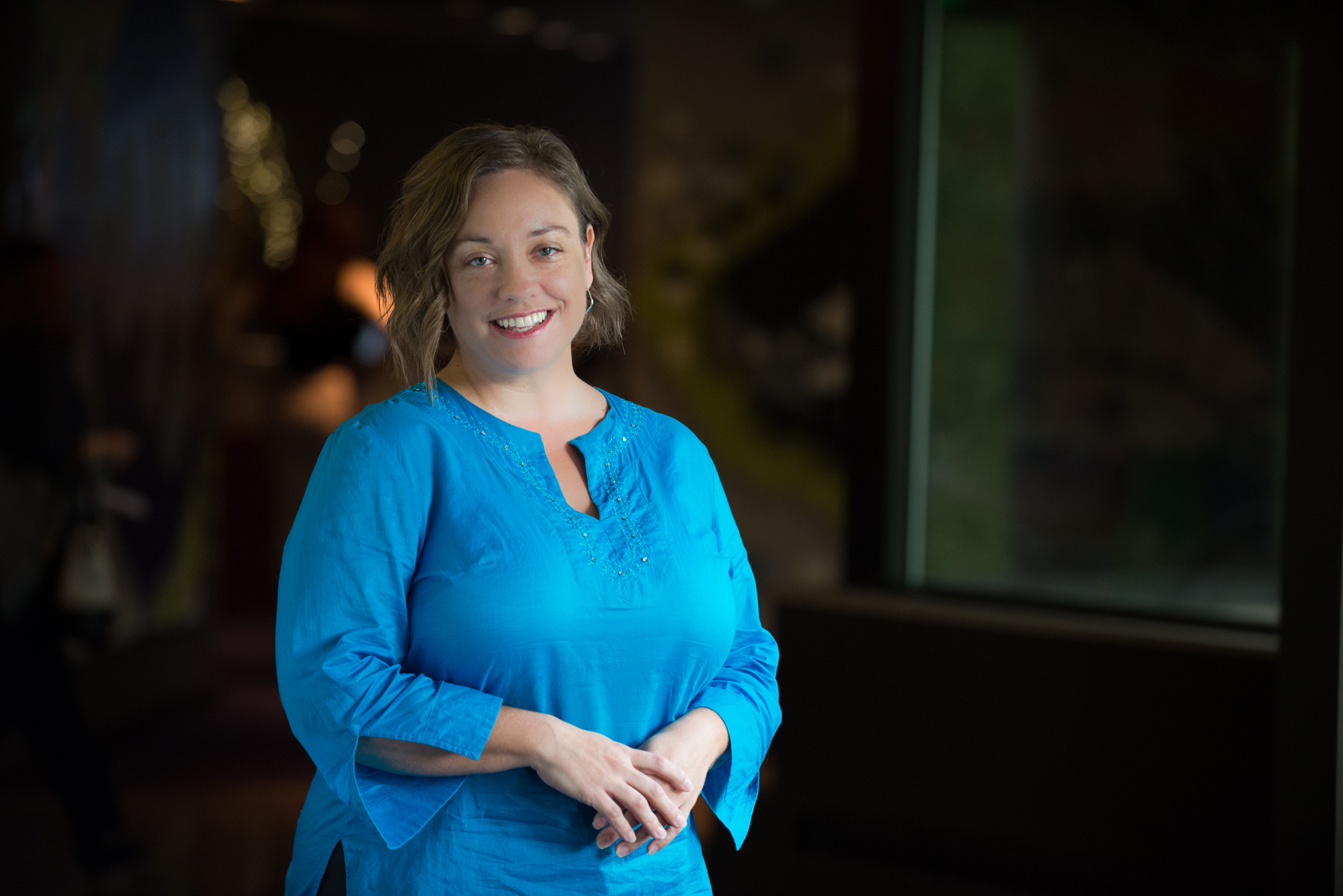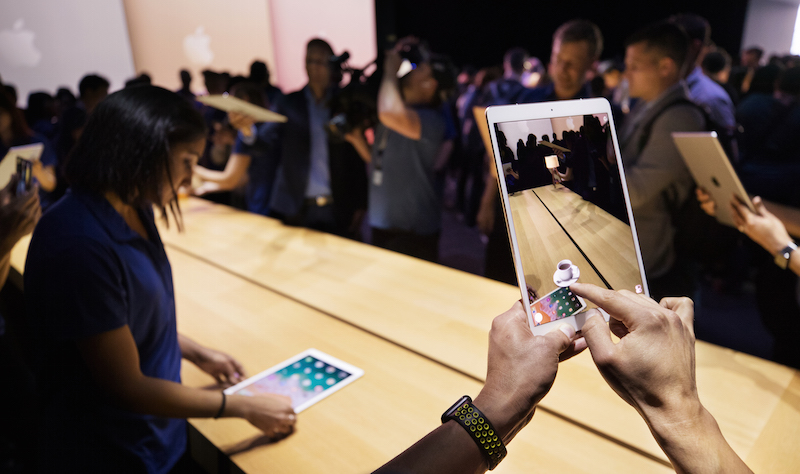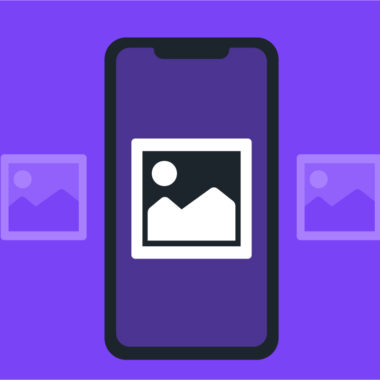What We Know Now: Mindy Withrow
In this series, we’ve been interviewing fellow Hansonites across disciplines to get a glimpse inside their careers and find out things they’ve learned along the way. Recently, we’ve talked to Project Manager Kelly Sullivan, Director of Photography John Rerucha, and VP of Experience Innovation Mike Osswald. Today, we’re talking to Mindy Withrow, Director of Content Strategy.
Sally: I know you have a degree in theology and music, but you now manage the content strategy team here at Hanson. How did this transition happen?
Mindy: My first job out of college was in the academic editorial world, where I helped faculty members create customized study packets for classes. That work led to another position in higher education communications, marketing, and development. In that role I wrote and managed print publications for prospective students, alumni, and donors, and also oversaw the development of the school’s first full website. I was also part of a magazine startup for a couple years. Meanwhile, on the side, I was writing book reviews and publishing a five-volume book series at a time when blogging and social media were becoming fundamental tools for writers. So the digital evolution of communications coincided naturally with my career.
It might seem counter-intuitive, but looking back I can see that my early focus in the humanities has turned out to be a rich background for the work I do today. Researching and communicating and trying to understand how other people see the world are impulses honed by training in any of the humanities—and broadly speaking, those really are the tasks of the content strategist.
Sally: Talk to us a little bit about the entity that is content marketing. What does it mean to you, and how does it translate as an offering here at Hanson?
Mindy: I see content marketing as a fancy term for providing the information people need to make good decisions about whatever your business has to offer. With so many choices available of products to buy, activities to engage, and organizations to support, we all need more than a tagline to decide how we’re going to invest. As a consumer, I’m loyal to brands that understand the choices in front of me and make it easy for me to see why their product or service is a great match for my priorities and values.
So providing content marketing services to our clients at Hanson means helping them identify what their audiences are looking for and where they’re looking for it (a Google search? a Facebook recommendation? a YouTube video?), and then developing the best content to authentically serve that audience on that platform.
Sally: Once you entered the content marketing world, was there anything in particular that surprised you?
Mindy: I guess I can’t really point to a time when I “entered” content marketing because I see it as the thing I’ve been doing my whole career. Certainly content strategy as a distinct discipline of marketing is something relatively new; no schools offered it back in my college days (and few do even today). I joined Hanson just as the discipline was starting to become formalized in the industry, and so I’ve been able to help develop it here in our context.
But I would say one of the things that surprises me about the reception of content marketing is the idea that content is something new to marketing that didn’t exist or wasn’t needed before. As I said earlier, marketing has always been about helping people understand the particular value to them of a product or service, and it’s always been information that provides that understanding. So content has always been part of the marketer’s job. We just have many more forms of content that exist on more platforms—platforms that are controlled by the users and not the brands—and that proliferation of content has led the business world to think more strategically about how to meet the information needs of customers. So it requires more up-front thinking and the skills to execute it well, but it’s not new.
Sally: Given the experience you have now, what’s something you wish you had known when you first started?
Mindy: Most writers are pretty solitary people. And for most of my career, I’ve been part of very small teams and been the first person in that role on the team. That sort of position-development mindset and the wearing of many hats has a lot of benefits, like fostering an entrepreneurial spirit and being willing to just jump in and figure out something you’ve never done before. But I think one of the drawbacks is that it can make you too reliant on yourself to solve everything.
One of the benefits I’m most grateful for at Hanson is the incredible strength and genius of the team here. Many people learn from the people they work with, but I’ve realized there’s a lot more opportunity to learn when you proactively seek out the inputs of the larger team and ask for help in solving challenges. Every time I do that I’m amazed at the brain-power around me and how much we can accomplish when we’re all invited to bring our experience and perspectives to the table.
Sally: Based on how the industry has evolved, do you have any advice for people interested in pursuing a career in content?
Mindy: Yes. Don’t assume you need a marketing degree to become a good marketer. If you’re still in school, take as many psychology and sociology and literature and art classes as you can, anything that teaches you how to research and listen and communicate and create. And then get experience writing as many different types of content as you can. Because you never know when all that random exploration is going to come together in a project—and it will. I can say from experience that it’s pretty cool when your old theology degree and fundraising experience make you just the right person to help a group of nuns revamp their donor content strategy. True story!





